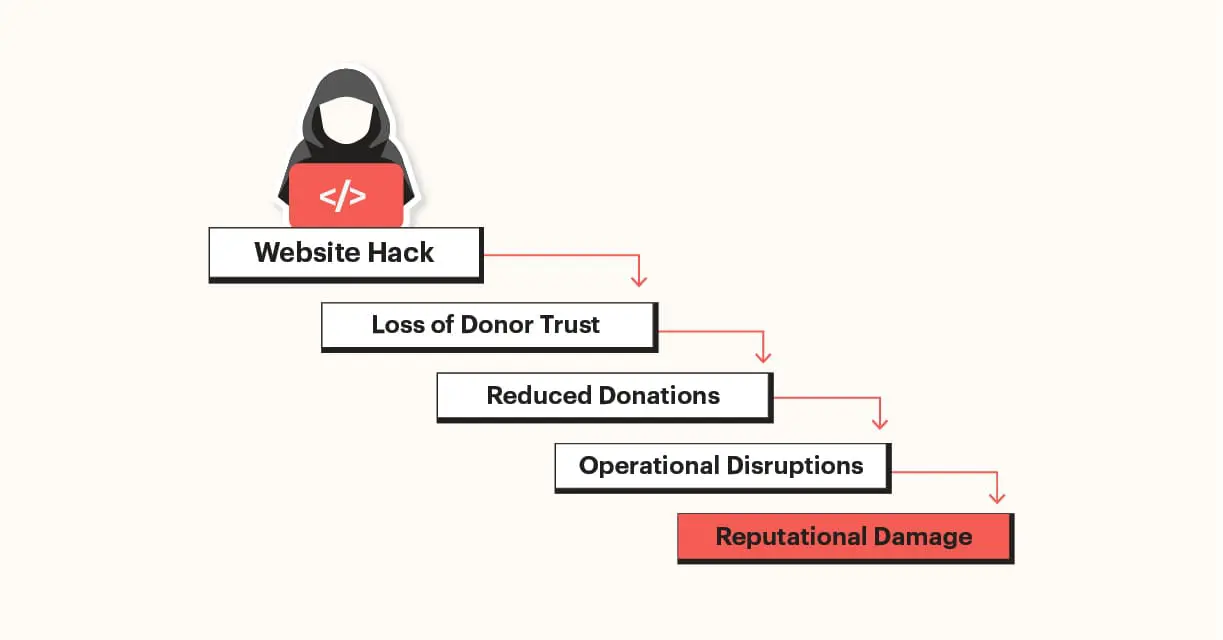In July 2024, a massive security breach occurred that impacted over 100,000 websites*, including some of the biggest names in tech and beyond. Polyfill.io, a widely-used service that ensures compatibility across different web browsers, became the target of a serious cyberattack. As the dust settles, many WordPress site owners, particularly nonprofits, are left wondering: How does this affect us? And more importantly, what steps should we be taking to protect our website and, by extension, our mission?
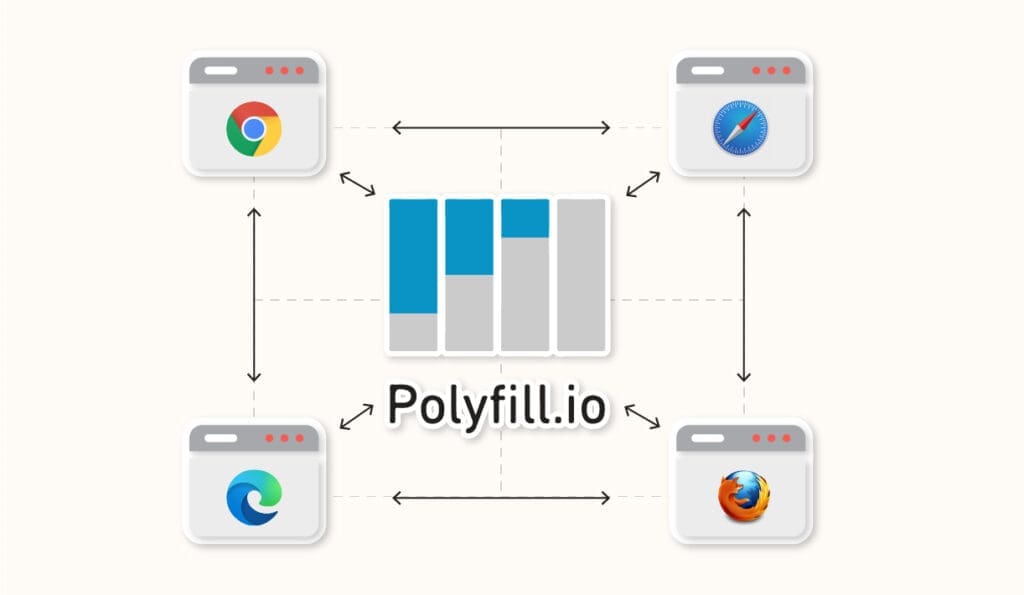
As a nonprofit, your website is more than just a digital business card. It’s a critical tool for outreach, fundraising, and communication with your community. When a widespread breach like the Polyfill.io hack happens, the ripple effects can be profound. Let’s break down what happened, what it means for you, and how a responsible website support agency like ours can be your shield against these evolving threats.
What Happened in the Polyfill.io Attack?
First, let’s explain Polyfill.io in simple terms. When you build a website, you want it to work across all browsers, whether your visitors are using the latest version of Chrome, an older version of Safari, or even Internet Explorer (yes, some people still use it!). Polyfill.io acts like a bridge, filling in the gaps between the different capabilities of these browsers so that everyone can have a smooth experience. It’s a popular tool used by millions of websites globally.
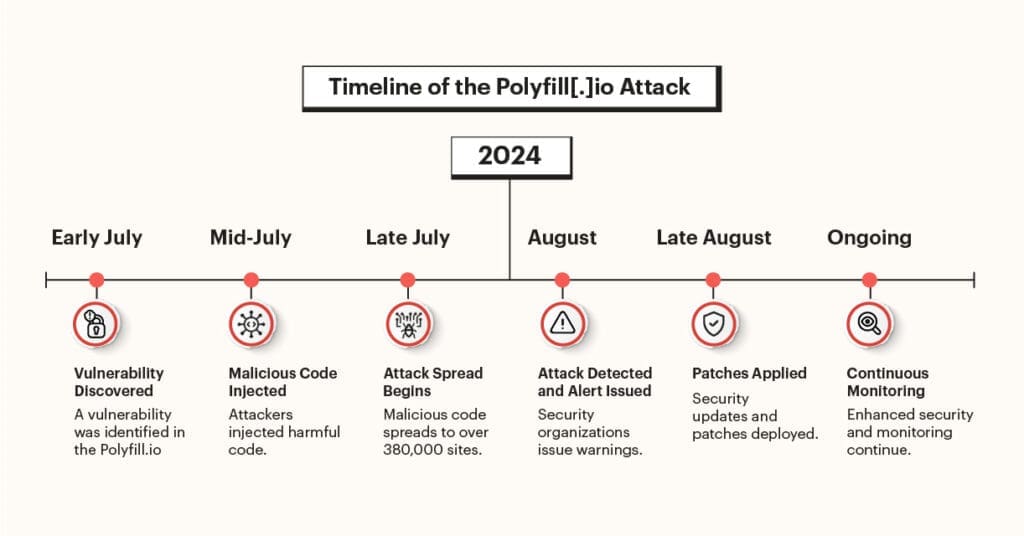
After Polyfill.io was sold to a Chinese company, the new owners hired a third party that injected malicious code into the service, affecting over 380,000 hosts. Despite efforts by the original owners to restore credibility, they ultimately turned to NameCheap, the domain registrar, which blocked the domain to prevent further misuse. Attackers tried using alternative CNAMEs, but NameCheap swiftly blocked those as well. Meanwhile, Cloudflare reacted immediately by employing URL rewriting, automatically redirecting requests to the malicious URL for all their customers, effectively neutralizing the threat. These proactive, automated defenses, like those offered by Cloudflare, are critical for identifying and mitigating threats before they reach your website, greatly enhancing security. At 118Group, we are strong advocates of Cloudflare’s services.
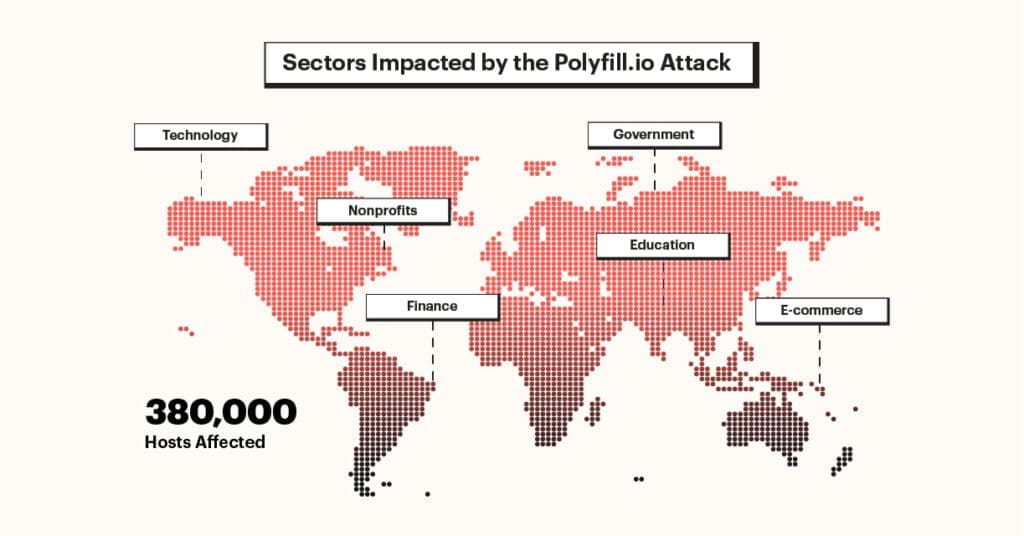
While the technical details can get complex, the key takeaway is that this wasn’t just a random, isolated event. It was a coordinated attack targeting a service that powers many websites like yours. The malicious code could potentially redirect users to harmful sites, steal sensitive data, or cause disruptions to website functionality.
For nonprofits using WordPress, the implications are serious. Your website may not directly rely on Polyfill.io, but it might indirectly through plugins or third-party integrations. Even if you weren’t affected this time, this attack serves as a reminder of the growing threats facing the digital landscape. The question is no longer “if” your website will face a threat but “when”—and whether you will be ready for it.
Why This Attack Matters for Nonprofits
As a nonprofit, the stakes are higher. Your website is a lifeline, connecting you to donors, volunteers, and the communities you serve. Downtime, data breaches, or even subtle malware infections can erode trust, impact your fundraising efforts, and divert resources away from your mission.
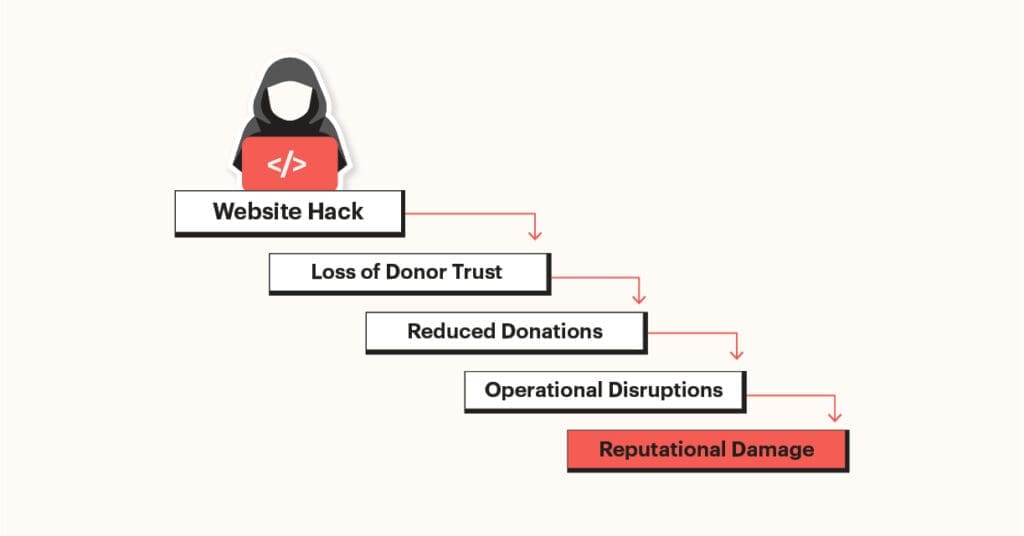
The Polyfill.io hack is a wake-up call, highlighting the vulnerabilities that even seemingly small and technical services can introduce. If major corporations with significant resources can fall victim to this kind of attack, so too can smaller nonprofits. Many nonprofits operate with limited budgets, making it tempting to rely on a “set-it-and-forget-it” approach to website management. However, as this attack shows, proactive security and continuous monitoring are essential.
What a Trustworthy Website Support Agency Does in Response
So, how can you safeguard your WordPress website against threats like these? This is where a reliable website support agency becomes invaluable. Here’s how our agency responded to this attack and how we protect our clients on an ongoing basis:
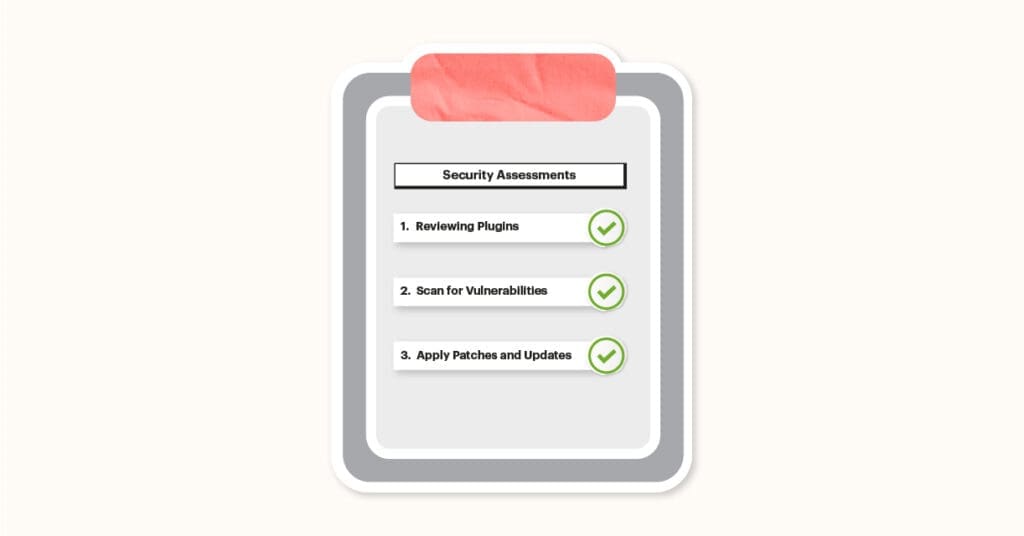
Immediate Security Assessments
As soon as news of the Polyfill[.]io attack broke, we conducted immediate security assessments across all client websites. Even if your site wasn’t directly using Polyfill[.]io, it’s possible that third-party plugins or integrations were. We reviewed these dependencies to ensure that no malicious code had been introduced.
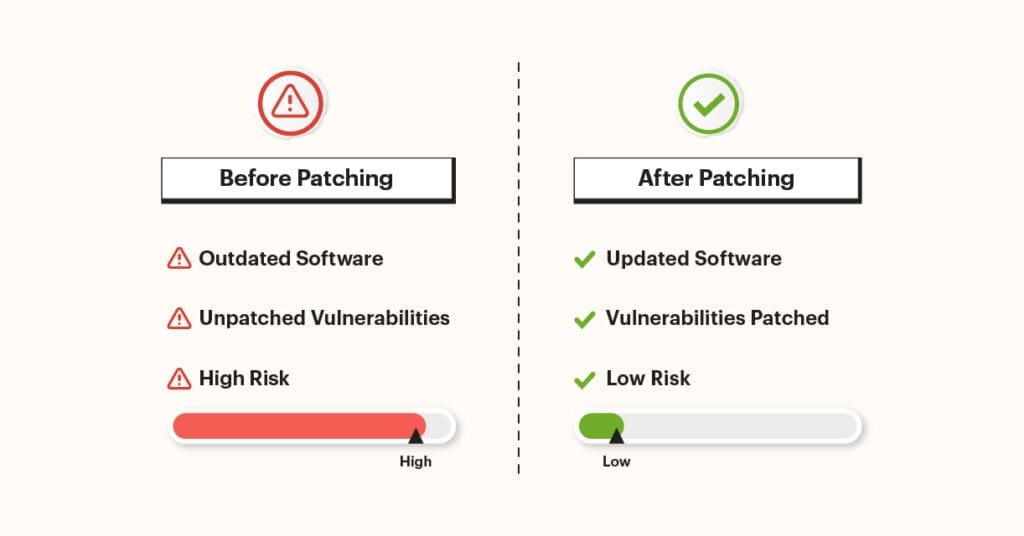
Timely Patching and Updates
Many security vulnerabilities come down to outdated software or plugins. After identifying potential points of exposure, we prioritize patching and updating any affected areas. In the case of Polyfill.io, we ensured that any third-party services dependent on the platform were up to date with the latest security patches.
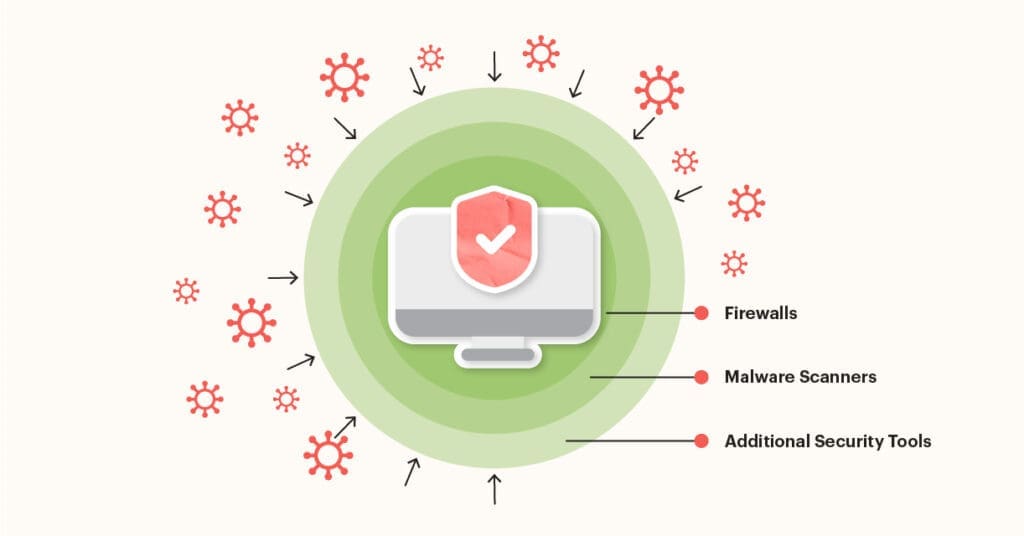
Network-Level Protection
Beyond just patching vulnerabilities, we implement network-level protections such as firewalls and malware scanners. These tools provide an extra layer of defense, scanning all traffic that comes to and from your website to detect and block potential threats.
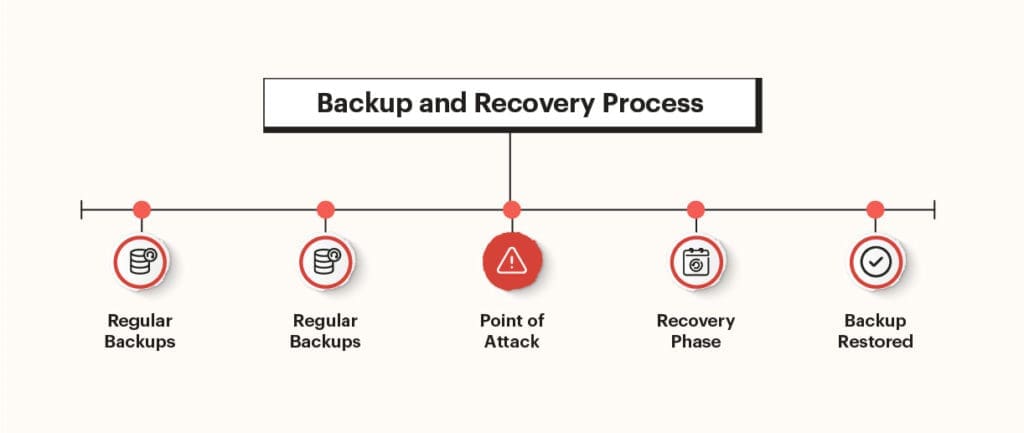
Backup and Recovery
No security system is foolproof, which is why we ensure regular backups of all our clients’ websites. In the event of an attack, these backups allow us to restore your website to a clean version quickly and with minimal downtime. During the Polyfill.io incident, we double-checked all recent backups to ensure they were secure and malware-free.
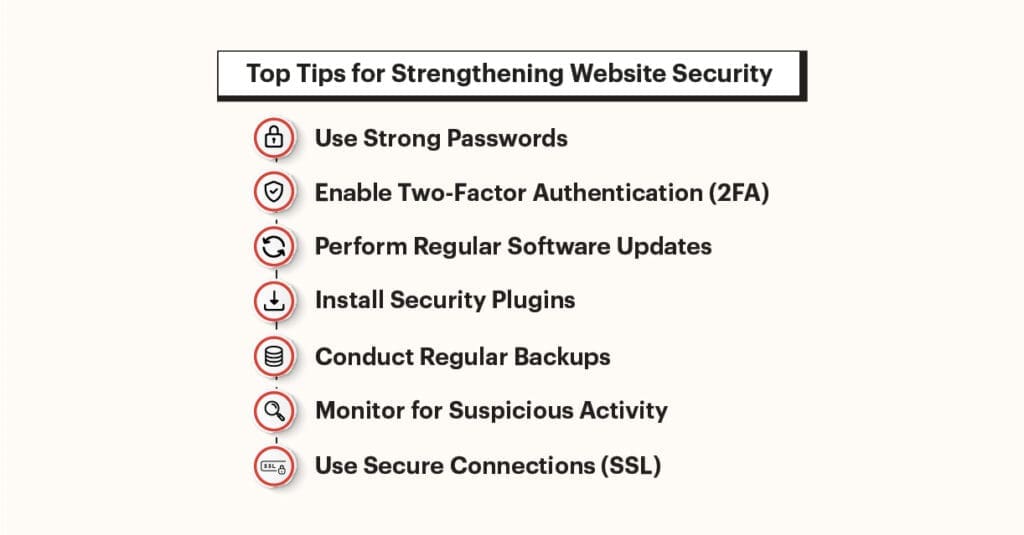
Ongoing Education and Communication
Security isn’t just about what happens behind the scenes. We believe that an informed client is a safer client. That’s why we regularly communicate with our clients about emerging threats, best practices, and what they can do to enhance security on their end—such as using strong passwords and enabling two-factor authentication.
Conclusion: Don’t Wait for the Next Hack
The Polyfill.io attack is just one of many threats that websites face in today’s interconnected world. For nonprofits, the risk of a security breach isn’t just about technical problems—it’s about protecting the trust and goodwill you’ve built with your supporters.
By partnering with a responsible website support agency, you can focus on your mission, knowing that your digital foundation is secure. Our approach isn’t just about fixing problems after they arise; it’s about preventing them from happening in the first place.
Your website is too important to leave to chance. Let us protect it, so you can focus on what really matters—changing the world.
Questions?
Our team has done our best to breakdown this security threat into terms that anyone can understand. If you’re interested in learning more, or talking to our team about how we can help ease your nonprofit WordPress concerns, schedule a call with us!
